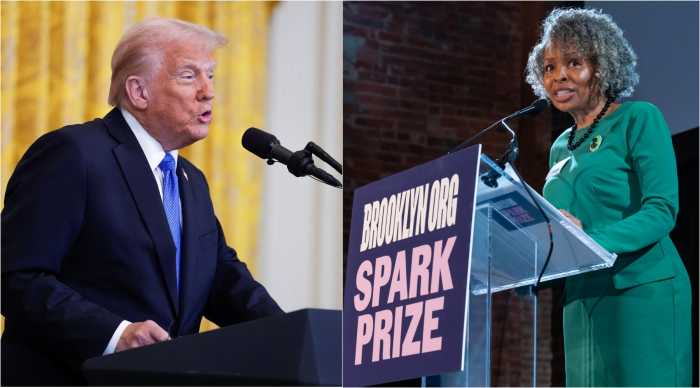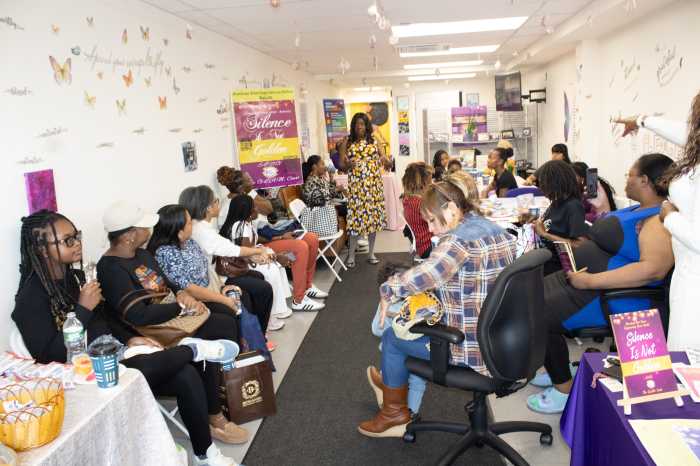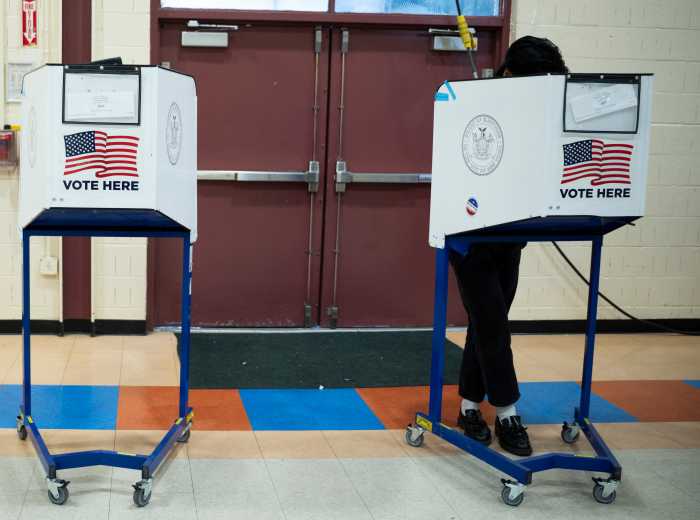BY TROY MASTERS | It seems like a dream moment in American politics. We appear poised to make history by electing a woman, or an African-American man, to run the world's most powerful nation. But, in this dream, there is a distracting battle over identity politics, and who is most clever in using them to obliterate their opponent.
At first, both Clinton and Obama unwittingly exploited identity politics. A Clinton presidency wouldn't be a victory for just her, but would represent a giant leap toward equality for all. An Obama presidency would break down a huge barrier, and advance equality for people of color in general.
Although we've witnessed identity politics in a presidential election before, it has never been at such a cellular level of identity. Race and gender are not invisible. In that way, they are profoundly different than being identified as Catholic, or Irish, or from the South, or from a particular class, or even gay.
But this is not a contest over which minority is most deserving of the presidency, however much I may yearn for the inevitable social impact created by the election of either candidate.
Having sold the American public on the wrong-headed notion that there is little political difference between Clinton and Obama, the media have focused on more explosive and innuendo-laden angles involving race and gender.
Clinton voted as senator to support President George W. Bush's invasion of Iraq. Obama, who was not a US senator at the time of the vote, waged a campaign against the war. The fact that he did not have to face the political realities of the Senate theater at the time the war was given the green light is a buried story. Clinton has been pummeled for her vote. Later, a consistent Clinton and a conflicted Obama – now bowing to the realities of actually being a member of the Senate – both voted to extend the Patriot Act, and to continue funding the war.
Both Clinton and Obama support some measure of equality for the LGBT community. Both fall short of supporting gay marriage, but they do endorse civil unions.
Clinton supports a trans-inclusive ENDA. She has raised money for LGBT organizations. She protected local AIDS programs from a Bush administration reallocation of funds that would have hobbled or closed vital programs statewide and in other urban areas where, like New York City, the epidemic first raged.
Obama's Senate record on gay rights is similar and he mentions gays on the campaign trail more often than Hillary. But he also gives his mega-phone over to the “ex-gay” movement in an attempt to draw support from conservative African-American voters.
Selecting a President to channel Martin Luther King or JFK or FDR is not enough; we need a leader and a doer, not a dreamer. It is fantasy to believe that Obama will usher in an era of bipartisan cooperation and strife-free government.
Obama's race will not automatically facilitate this any more than Hillary's gender will. Obama's pretty platitudes about “hope” and “change” enable him to avoid addressing the ugly problems and the even uglier solutions. It's so beautiful one can easily fail to miss there is a complete lack of policy thought.
Charging racism is an easy way to distract almost any critique or conversation. It's impossible to shirk off, dismiss or dispute. That charge has too often been leveled – even at imagined slights and arguable offense – by many who support Obama's candidacy.
Obama's campaign also shows a troubling pattern of capitalizing on the same tiresome, gender-discriminating, Hillary-hating language the Republicans have used for years. Obama points to Bill Clinton's reflection on the history of the African American vote in South Carolina as “troublesome.” Clever, even if true, as he manages to play both race and gender in one fell swoop, charging that the “little lady's” husband is race-baiting.
When the gender card is played, portraying Clinton as a woman whose surrogates fight for her reinforces the stereotype of women being weaker, while fighting deems her too aggressive, an unattractive ball-buster. Add to that the implication that Hillary can't even control her man. Not fighting is impossible, of course. It paralyzes.
While Hillary may occasionally bore with detail, she is praised – even by Obama's supporters – for her well thought-out solutions for the concrete problems she identifies. This is an extraordinary and powerful distinction that makes her more deserving of the job.
So allow me some pretty platitudes about Hillary Clinton.
She will bring about change through substantive action. She can stand up to and be victorious against almost any line of attack, as she has shown us time and again. She understands the benefit of reflection before reflex. She has shown she can engage her enemies and gain their cooperation, if not their trust. She will bring about hope because she will deliver on her essential promises. Indeed, Hillary has perhaps the widest worldview of any candidate to ever come before the American people seeking the presidency.
A Hillary presidency will also change the world.
Troy Masters is the founding associate publisher of Gay City News.












